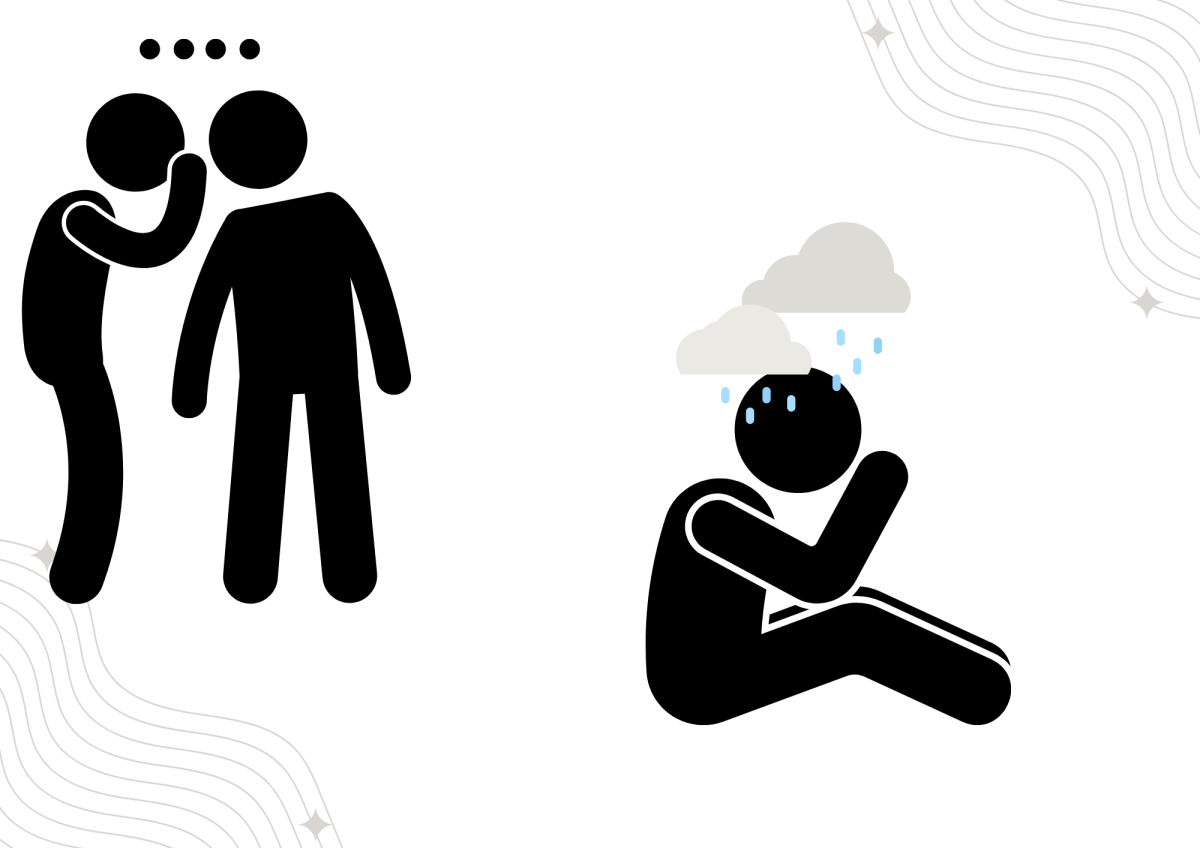Vegetarianism Editorial
In modern times, frequent dining in a fast food restaurant is not uncommon. No matter the time, location or establishment, a person can walk into a restaurant, demand a meal of a hamburger and fries, and leave quickly. What the average diner does not see, however, are the repercussions of a diet relying so heavily upon meat products.
An undeniable variety of health benefits are derived from the vegetarian diet. Studies prove that those who consume meat are at a higher risk for cancer and overall disease, and meat eaters live an average of three to six years less than those who do not. Although difficulty maintaining a balanced diet as a vegetarian is often assumed, by consuming a diverse number of foods, one can easily fulfill all dietary needs.
In addition to its health benefits, the vegetarian diet allows its followers to divert from the cruel processes that encompass the meat industry in the modern day. Although at one point in time the consumption of meat was essential to the human diet, its morally grotesque repercussions as they stand today are simply not worth the temporary satisfaction. As the act of slaughtering animals grew from need-based to desire-driven, the concept of factory farming arose. Today, 50 percent of meat produced in the United States is derived from confined animal feeding operations. In these conditions, livestock are confined to filthy enclosed spaces, deprived of the ability to breathe fresh air, walk any bit of distance, or see the light of day. These animals possess more mental capacity than the general public is aware of. Research reveals that pigs have intelligence levels similar to that of dogs, and cows behave in complex social patterns.
The outdated concept of meat consumption poses a threat not only to one’s health and the moral treatment of animals, but also to the planet on which these creatures reside. The United Nations stated in 2006 that raising animals for food generates more greenhouse gases than all the cars and trucks in the world combined. Factory farming also takes a great toll on water. As toxic pollutants, including nitrogen, phosphorus, antibiotics and pesticides, are released into the environment, they reach waterways, causing harm to both human and aquatic life. Rainforests also suffer greatly as demand grows. Seventy percent of deforestation in the Amazon rainforest alone is due to livestock production. As such a preventable factor, this blatant disregard for the planet earth is a poor reflection on society, one that could be easily solved with the integration of vegetarianism.
Next time you eat a helping of turkey at thanksgiving dinner, or order a burger at the golden arches, consider your options. A morally conscious, healthy, and environmentally friendly lifestyle can be achieved: one less hamburger at a time.



































